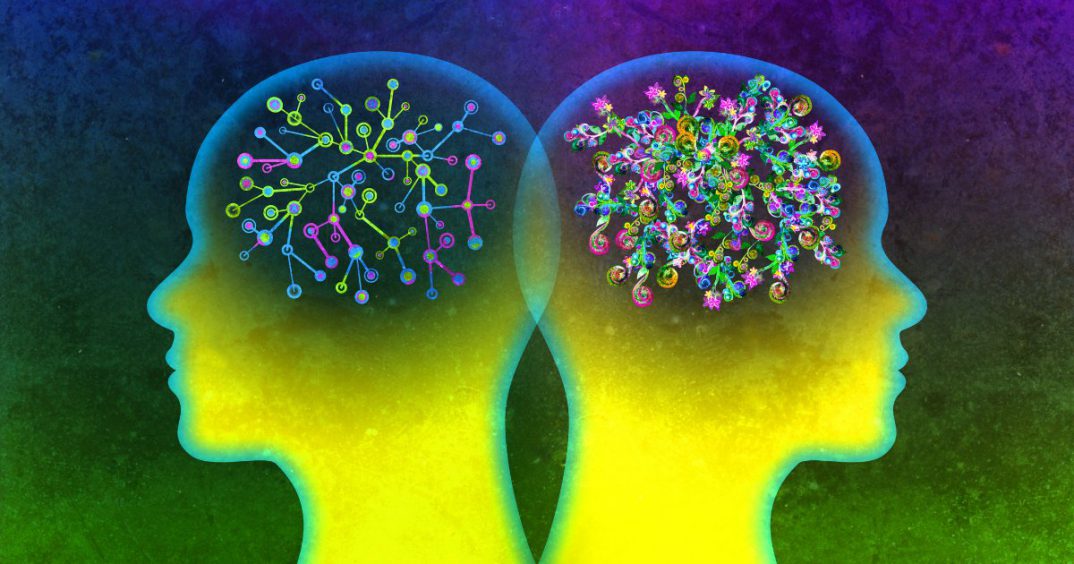Listen
NEW! Listen to article
Sign in or sign up to access this audio feature! No worries … it’s FREE!
The future of B2B CX is set to be defined by innovative solutions that not only streamline operations but also create highly personalized and seamless interactions.
Competition is fierce, and customer expectations are higher than ever. Staying ahead means embracing the latest trends and technologies but also never losing sight of the human element.
The future of B2B CX is already being shaped by powerful new technologies, including artificial intelligence (AI) and machine-learning. However, these tools are only as powerful as the people and strategies behind them.
Embracing Technology
AI and machine-learning are transforming the way we understand and interact with our customers.
Predictive analytics, for example, allows us to analyze customer data and anticipate future behaviors, helping us to address customer needs proactively and tailor experiences that resonate on a personal level.
Access to such foresight allows us to engage with customers in meaningful ways, fostering deeper connections and enhancing customer satisfaction.
Similarly, AI-driven chatbots and virtual assistants are revolutionizing customer support by providing 24/7 assistance and streamlining interactions. These tools can handle routine inquiries, direct customers to the appropriate resources, and resolve basic issues quickly, freeing up our teams to focus on more complex and strategic tasks.
The efficiency and immediacy of AI in customer support is becoming a vital tool in today’s always-on world. However, it is the human touch that ultimately builds trust and loyalty.
Understanding our customers better is perhaps the best use of technology for CX. Customer data platforms (CDPs) are essential in creating unified customer profiles. By consolidating data from various touchpoints, we can gain a holistic view of each customer, enabling more personal interactions. Building customer profiles helps us to strengthen the human connection, interacting with our customers in ways that are meaningful and valuable to them.
The use of technology in the service of CX allows us to see the full picture and make more informed decisions.
However, with great data comes great responsibility. Ensuring compliance with data privacy regulations while using customer data to enhance experiences is nonnegotiable. To build trust and maintain customer loyalty, we must prioritize data security. Customers need to feel confident that their information is safe and is being used to their benefit.
The Power of Personalization
Personalization at scale is another significant advantage of AI and machine-learning: Advanced segmentation allows us to create highly specific customer groups based on individual preferences and behaviors. That level of detail helps us to deliver tailored experiences that truly resonate with each customer.
It’s about making every interaction count and ensuring that each customer feels seen and valued.
Voice search and conversational AI are also becoming integral parts of the customer experience landscape. Voice interfaces make interactions more natural and efficient, allowing customers to get the information they need quickly and easily. Moreover, voice technology enhances accessibility for all customers, including those with disabilities, ensuring inclusivity in our services.
Customer success platforms are also important, and they play a vital role in proactive engagement. By monitoring customer health scores, we can identify at-risk customers and intervene before issues escalate. Automated workflows help streamline routine tasks in that process, enabling customer success teams to focus on more strategic initiatives that drive better outcomes for our clients.
A proactive approach enabled by technology not only reduces churn but also strengthens our relationships with customers.
Emphasizing the Human Touch
As we look to the future, it’s clear that technology alone is not the answer. The most successful CX strategies combine the best of both human intuition and technological innovation.
Although AI and machine-learning can be powerful tools, they are not a replacement for the human touch. Rather, they should be used to augment our efforts, making CX more efficient and personalized without losing the human connection.
CX leaders face the challenge of transforming data into actionable insights. It’s crucial to work closely with business leaders to identify key performance indicators (KPIs) that matter most, measure them accurately, and take appropriate actions. By focusing on a few critical KPIs, we can drive meaningful improvements and create a customer-centric culture.
Ultimately, maintaining the human-to-human element in today’s buyer’s journey has never been more important. By harnessing AI to enhance rather than replace human interactions, we can create more satisfying and effective customer experiences.
The future of B2B CX lies in the delicate balance between human empathy and technological efficiency. By embracing that balance, we can achieve lasting success and build strong, enduring relationships with our customers.
The Six Pillars of B2B Customer Experience Excellence
Voice-of-the-Customer Data: The Key to Human-Centered CX
Three Things CXOs Must Know to Stay Relevant
Successful B2B Marketers Know Customer Experience Is a Three-Legged Stool




